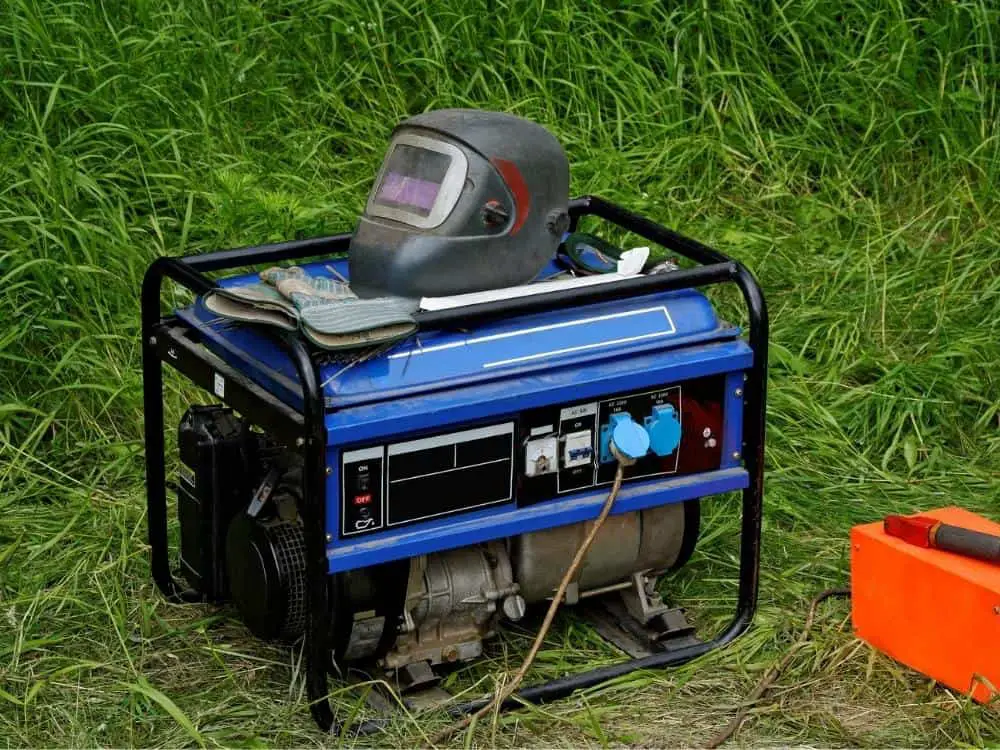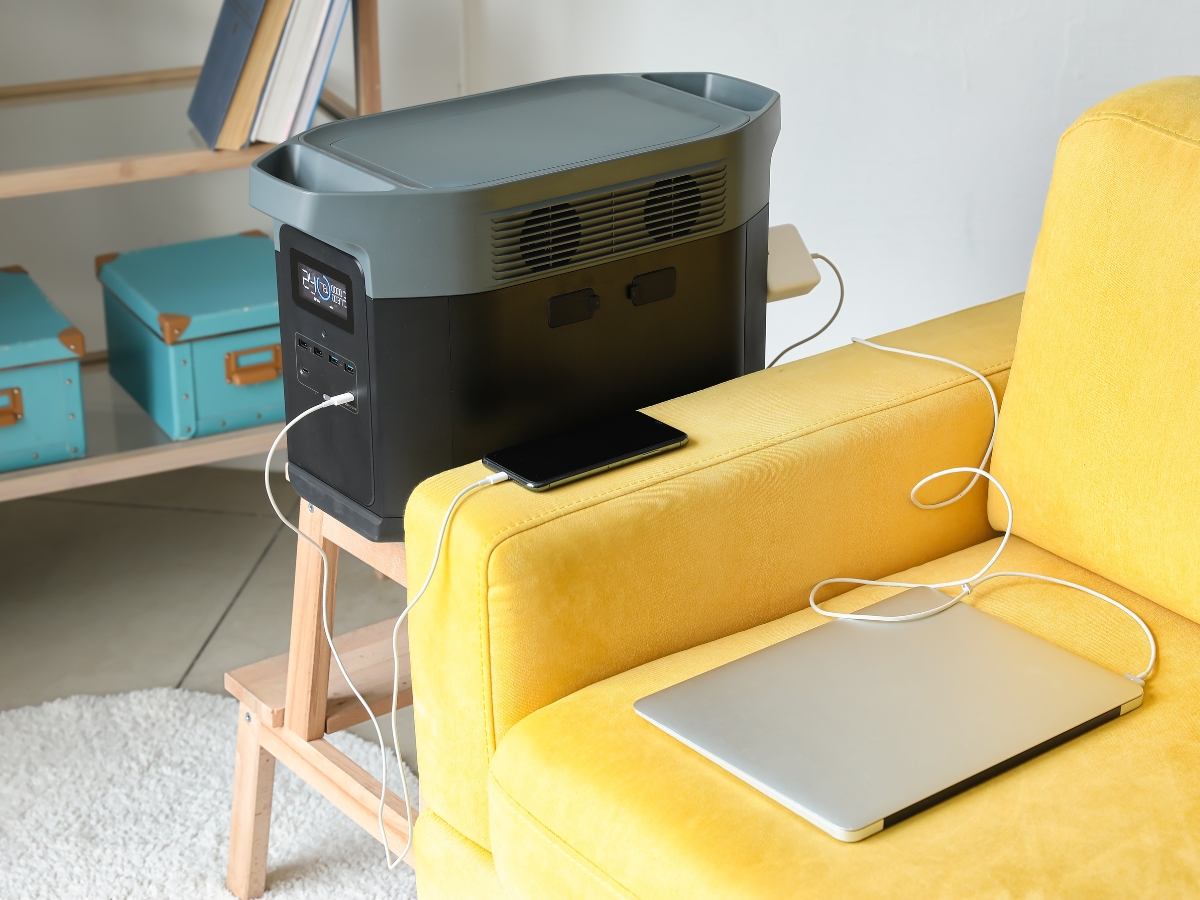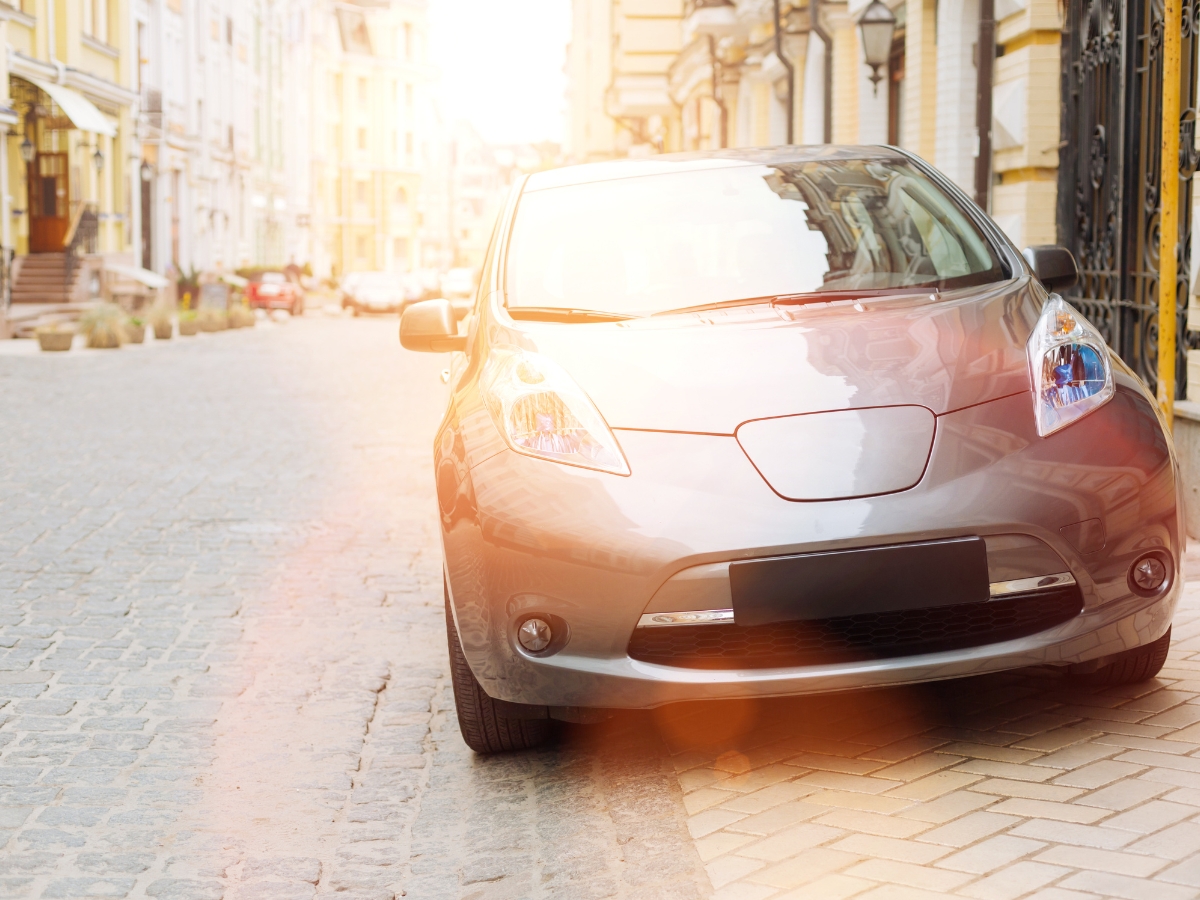If you’ve been experiencing regular generator tripping, it’s essential to take the time to troubleshoot the issue. Determining the cause of the problem is necessary for getting your generator back up and running as soon as possible.
In this blog post, we’ll outline some of the most common reasons why generators trip to start narrowing down the possibilities. We’ll also provide some tips on preventing these problems from happening in the future. Let’s get started!

Generator Tripping Meaning
When your generator trips, the circuit breaker has been activated. This usually happens when there’s a sudden power surge or spike. The circuit breaker is designed to protect your generator from damage, so it’s a good thing that it trips when there’s a problem.
However, it can be frustrating if your generator GFCI (ground-fault circuit interrupter) keeps tripping, especially if you’re unsure what the cause is. There are a few things that could be causing your generator to trip, including:
- A faulty or damaged circuit board
- Loose wiring
- A problem with the fuel line
- A clogged air filter
For example, if your Predator 4375 generator keeps tripping the breaker, it’s best to call a qualified technician for help. They’ll be able to diagnose the problem and make any necessary repairs.
What Happens When Generator Trips?
When a generator trips, the circuit has been overloaded, and there is too much current flowing through the system.
This can happen for various reasons, such as a power surge or a short circuit. When this occurs, the breaker will trip and cut off the flow of electricity to prevent damage to the wiring.
Generally, you’ll know that your generator has tripped because the power will go out. However, if you’re unsure what caused the trip, you can check the circuit breaker to see if it’s been tripped.
Once you’ve determined the cause of the trip, you can reset the breaker and restore power to your home or business.
How Do I Stop my Generator from Tripping?
If you’re a generator owner, chances are you’ve experienced the frustration of having your generator trip. While there are many potential causes of this problem, you can also do some simple things to reduce the likelihood of it happening:
- Make sure that your generator is properly grounded. If it isn’t, it’s more likely to trip when exposed to voltage fluctuations.
- Check the wiring for any loose connections or damage.
- Keep the area around your generator clean and free of debris. This will help prevent moisture buildup, which can lead to electrical problems.
- Regularly service your generator according to the manufacturer’s recommendations.
By following these simple tips, you can help keep your generator running smoothly for years to come.

Is there a Breaker on a Generator?
The answer to this question depends on the type of generator you have. For example, many portable generators have a circuit breaker that helps to protect the engine from being overloaded.
However, some larger generators do not have a circuit breaker. Instead, they rely on fuses to help prevent damage from overloads.
If you’re not sure whether your generator has a breaker or fuse, it’s best to consult the owner’s manual. Or, if you’re still unsure, you can always contact the manufacturer for more information.
In short, the answer to the question “is there a breaker on a generator” is that it depends on the type of generator you have. But with a little bit of research, you should figure out which kind of protection your generator has.
Should the Circuit Breaker be On or Off on a Generator?
The answer depends on the type of generator you have. If you have a portable generator, the circuit breaker should be off.
This is because portable generators are designed to be used outdoors, and running them indoors can pose a severe fire hazard.
However, the circuit breaker should be on if you have a standby generator. This is because standby generators are installed indoors, and they need to be adequately grounded to work correctly.
So if you’re ever wondering whether the generator circuit breaker should be on or off, remember: it all depends on the type of generator you have.
How to Reset Generator Circuit Breaker
If your generator’s circuit breaker trips, it’s important to reset it as soon as possible. A circuit breaker is designed to protect your generator from overloading or short-circuiting, and if it trips, it means there’s an issue that needs to be addressed.
Resetting the circuit breaker is a simple process, but it’s essential to follow the proper steps to ensure that your generator is safe and effective.
First, identify the problem that caused the circuit breaker to trip. Then, consult your generator’s manual or contact a qualified technician if you’re not sure.
Once you’ve identified the issue, correct it before resetting the circuit breaker. Otherwise, the problem could occur again and cause further damage to your generator.
To reset the circuit breaker, switch it off and then back on again. Once the circuit breaker is reset, you can start using your generator again. However, if the problem persists, you’ll need to contact a qualified technician.
Why Would a Breaker Trip With No Load?
A breaker is designed to trip when it senses an overload on the circuit. There should be no current flowing when there is no load, so the breaker should not trip.
However, there are a few reasons why a breaker might trip even when there is no apparent load on the circuit.
One possibility is that the breaker is worn out and needs to be replaced. Another possibility is that there is a hidden load on the circuit, such as a faulty appliance or piece of equipment.
Finally, it is also possible that the breaker itself is defective. If you suspect that your breaker is tripping unnecessarily, it’s best to have an electrician check it out to diagnose the problem.
Generator Earth Leakage Trip
A generator earth leakage trip is a device used to protect people and equipment from electrical shocks. It is designed to break the circuit when there is a current leakage to the earth, which can happen if the insulation around electrical wires is damaged.
This can be a life-saving feature, as it prevents electrocution. Generator earth leakage trips are commonly used in homes and businesses and industrial and construction settings.
A qualified electrician usually installs them, and they should be regularly tested to ensure that they are working correctly. If you have any concerns about your generator earth leakage trip or want one installed, you should speak to a qualified electrician.
Generator Trips and Alarms
A generator is a device that produces electricity, typically using an internal combustion engine. Generators can provide power during a power outage or run tools and equipment at a worksite.
However, generators can also be dangerous if misused. That’s why it’s crucial to be familiar with common generator problems, such as trips and alarms.
A trip occurs when the current flowing through the generator exceeds the rated capacity of the breaker or fuse. This can happen if the generator is overloaded or if there is a short circuit.
On the other hand, alarms sound when the generator is low on oil or coolant or when the exhaust temperature increases. Understanding these common issues can help keep yourself and those around you safe when using a generator.
Tripping Generator FAQs
Let’s take a look at some common questions regarding why generators keep tripping:
How to bypass GFCI on the generator?
Bypassing a GFCI works best when trying to get your generator to work. However, we strongly recommend against attempting it when your generator trips as you may cause a fire or injure yourself.
Why does my generator shut off after 30 minutes?
The most common causes of a generator shutting off after 30 minutes are as follows:
- Your tank is almost empty
- Your tank is over-filled
- The generator isn’t venting properly
- The outside temperature is too cold
Is it normal for electricity to trip?
Electricity tripping happens from time to time. However, if your generators trip often, that is far from normal. Typically, repetitive tripping means you demand too much from the circuit, causing it to start overloading. The breaker trips to keep your generator from overloading.
Yes. You can find the reset button on your generator’s control box.




